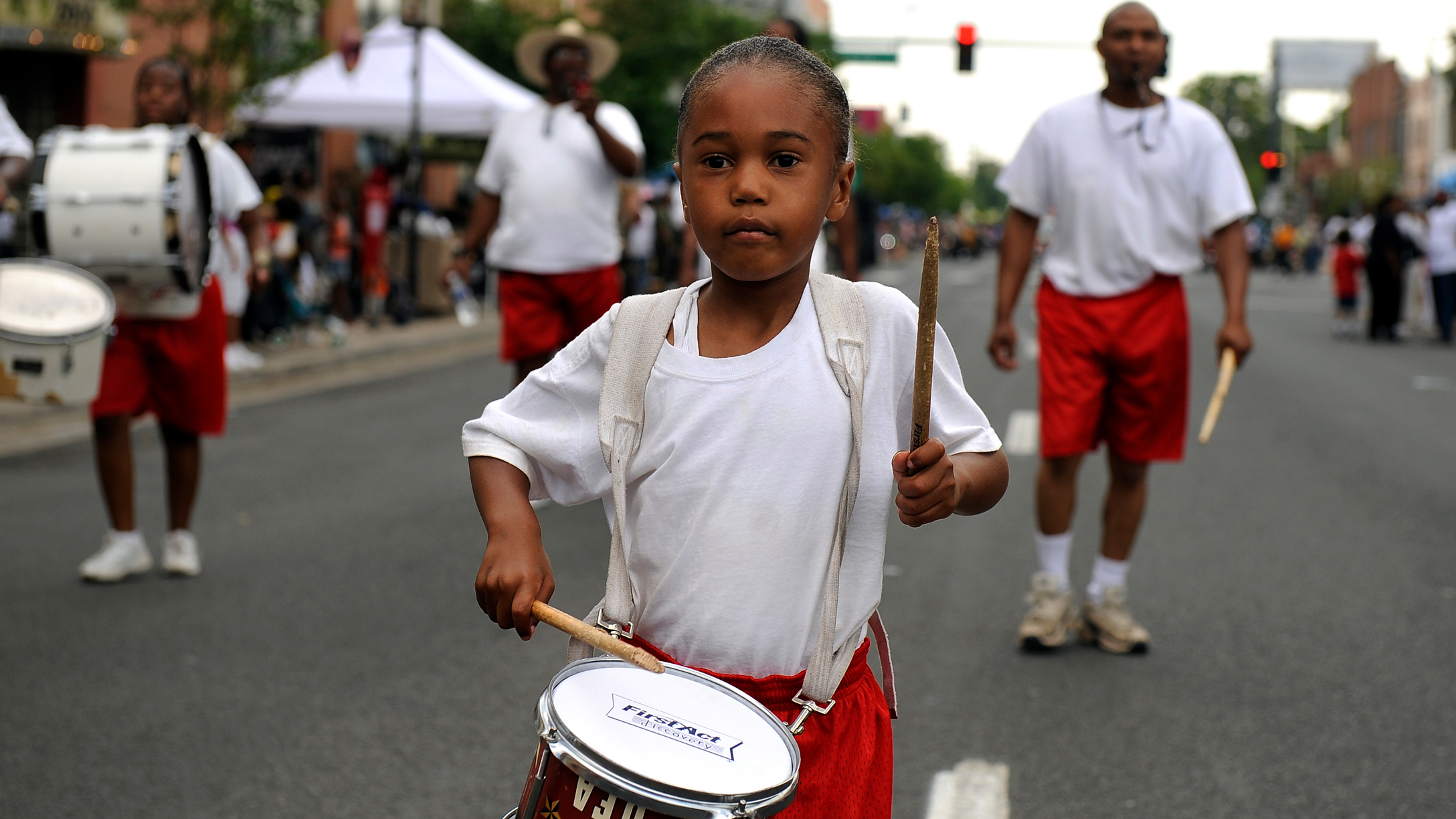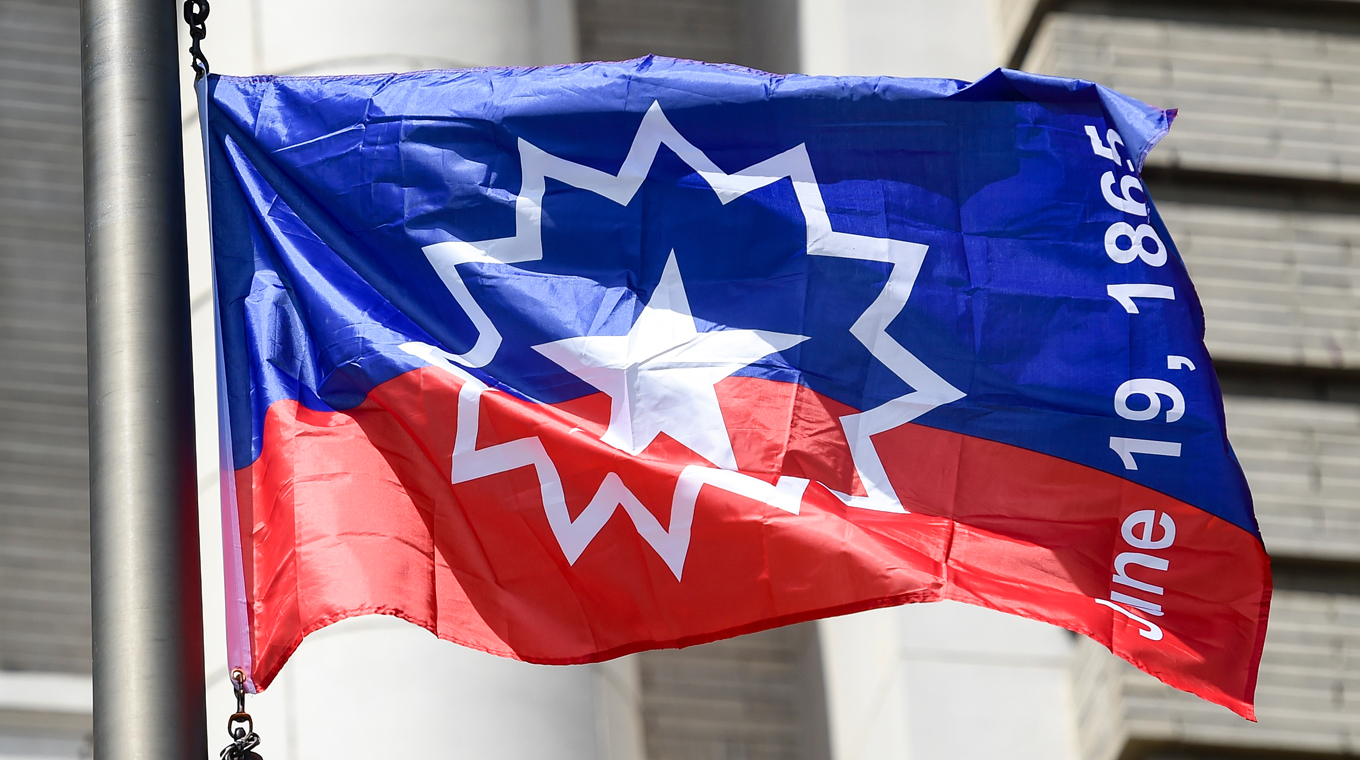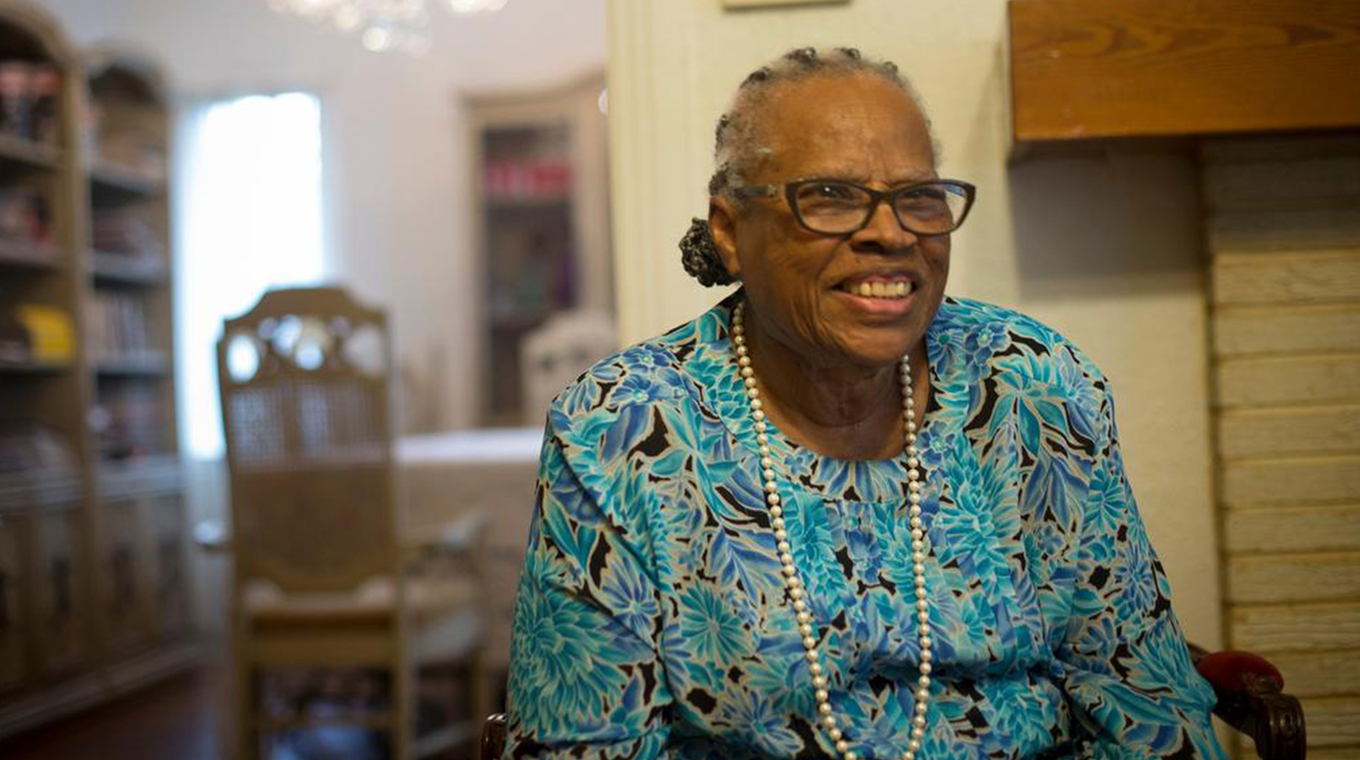
In this article
In June 2021, Juneteenth — also known as Emancipation Day — became a federal holiday. First recognized as a state holiday in Texas in the 1980s, states like New York, Virginia, and Illinois soon followed suit. An important part of Black history, Juneteenth has been recognized and celebrated by Black families for years. But exactly what is Juneteenth and how did it come to be a federal holiday?
Juneteenth history

In 1863, the Emancipation Proclamation put an end to chattel slavery in the Southern states, but it wasn't until 1865 that enslaved Africans in other states would be freed.
On June 19, 1865, Union General Gordon Granger arrived in Galveston, Texas, to read General Order No. 3, which gave the enslaved Africans their freedom.
Abraham Lincoln has long been credited with "freeing the slaves," but his motives were purely political. Lincoln sought to strengthen the Union. The Emancipation Proclamation weakened states that had seceded from the Union — the same states whose military was strengthened by enslaved Africans.
By weakening the Confederacy, the Union was sure to prevail. By the time General Granger and his men arrived in Texas in 1865, half a million enslaved Africans had been emancipated.
What does Juneteenth celebrate?

Upon learning of their freedom, enslaved Africans living in Texas were to be treated as though they were hired workers and paid for their labor. In many cases, this news was not well received by plantation owners.
While some of the enslaved chose to stay on, others immediately left to begin to pursue a life of freedom. Many went off in search of loved ones who had been sold away. Freedom was not without its challenges. The change would be slow and steady, and not always positive for those exercising their newfound emancipation.
"What the Emancipation Proclamation does that's so important is it begins a creeping process of emancipation where the federal government is now finally taking firm stands to say slavery is wrong and it must end," historian Lonnie Bunch told NPR.
In the early days of Juneteenth — a coined term for the day June 19 — freed slaves celebrated with picnics and barbecues, using Galveston as the epicenter of their celebrations.
In 1980, Texas State Representative Al Edwards proposed a bill that would make Juneteenth a state holiday. But it was the tireless activism of Opal Lee, pictured above, who laid the groundwork for Juneteenth becoming a federal holiday in 2021.
Lee, now 95 years old, walked from her home in Fort Worth, Texas, to Washington, D.C., in 2016 to raise awareness for her cause: to make Juneteenth a national holiday.
She had also been very vocal and active within the movement and stood beside Joe Biden in June 2021 as he signed the bill that brought her life's work to fruition. But the former school teacher and counselor's work isn't done.
“We don’t want people to think that Juneteenth is a stopping point, because it isn’t,” Lee told the Associated Press. “It’s a beginning, and we’re going to address some of the disparities that we know exist.”
Teaching the true history of Juneteenth

What is Juneteenth if we're not teaching our kids the true history of chattel slavery? For many of us, our school curricula wrapped up slavery in a nice neat bow by telling us that Abraham Lincoln freed the slaves. We recognize now that it wasn't as cut-and-dried as we were led to believe. Plantation owners did not willingly agree to let their free labor simply walk away. There were challenges, uprisings, and killings; chattel slavery did not go quietly.
"I feel cheated that this information was mostly overshadowed or completely omitted in the history I was taught in school," Vanessa Suzette, homeschooling mom and realtor, wrote. "It wasn't until I got to college that I began the rabbit hole of learning about all of this country's history, including the excluded and often muted stories of my ancestors."
What we can do for our children today is teach them that when Frederick Douglas gave his "What to the Slave Is the Fourth of July?", speech in 1852, he was speaking of what Juneteenth came to celebrate. Independence Day did not mean freedom for enslaved Africans. Freedom was a process that began on Juneteenth and still continues in a variety of ways, today.
Now that Juneteenth is a federal holiday, pages will be added to the history textbooks. Commercialized celebrations will emerge and there will be parades, backyard barbecues, and community picnics. But through all of that, it's important to ensure that our children's bookshelves are filled with books that illustrate the true history of Emancipation Day. We owe it to our children to tell them that despite the holiday, there is still work to be done to address the ever-growing disparities within the Black community.




